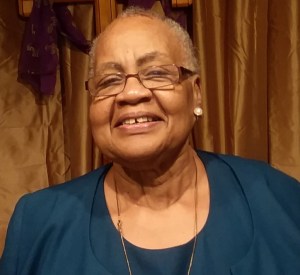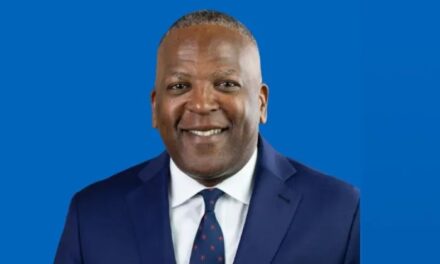

By Dr. Bertha Borum
As we prepare to celebrate the Dr. Martin Luther King holiday, experience tells us that there will be countless recitations of his “I Have a Dream” speech or the “I’ve Been to the Mountaintop” prophetic declaration.
Anyone who had not lived through the magnificent moment of his leadership in the movement and his insistent call for non-violent resistance and protest throughout the carrying out of the mission to demand racial, social, and economic equality for all, might be misled into thinking these two masterpieces were all he said of consequence.
Nothing could be further from the truth. For history documents that Dr. King, between his emergence as a leader in the in Civil Rights Movement after the Montgomery bus boycott in 1955 and his assassination in 1968, traveled over 6 million miles, spoke more than 2,500 times, and delivered 450 major speeches or sermons for the cause.
Even a cursory review of just a few of them makes clear his gift for oratory and his command of language that enabled him to change minds, move hearts and motivate action in millions all over the world. Additionally, he had the charisma and capability that compelled many other notable personages to become part of his inner circle of comrades-in-arms to help grow a movement that could not be drowned by water hoses, driven back by vicious dogs, or deterred by the entrenched opposition of bigotry and the worshipers of the status quo of inequality.
Dr. Martin Luther King Jr., Baptist preacher; brilliant organizer, Nobel Peace Prize recipient, author of five books and determined deliverer of a people held captive to the bonds of inequality for far too long. These are all part of the public historical account of his life.
But let me suggest that we ought to also remember that he was a son, husband and father: somebody called him “Daddy.” He fathered two sons and two daughters.
Surely he was motivated by righteous anger and indignation at the perpetuation of injustice and inequality against his people. But I believe that it was in the bosom of his family that he found comfort and renewed impetus to carry on when his body, mind and spirit said, “No More.”
Somebody called him “Daddy.” I cannot help but reflect on how my own Daddy, who did the backbreaking work of a stevedore; work that required brute strength, before machines did the heavy lifting. Some days he came home so drained and exhausted that he could barely make it inside the door before collapsing into the chair nearest the door- just unable to make another step.
Often he looked at us little ones and told us, “Daddy is working so hard to give you children the opportunity for a better life, the chance to go places and experience things that your Mama and I can only dream of.” In our faces and voices, he saw and heard what he needed to make him, in spite of the exhaustion of the moment, get up the next day and try again.
So, I must believe that Dr. King, in his moments of greatest exhaustion and depletion of emotional energy, saw in the loving faces of Dexter, Yolanda, Martin III and Bernice looking up at him and heard in their innocent voices calling “Daddy,” that which compelled him to get up, go out and try again. For them, he must do all that he could to bring about a better day. They deserved opportunity to explore, develop and become the full measure of all that God given them the potential to become – unhampered by bars of bigotry, the restraints of racism, or the dismissiveness of discrimination.
Somebody called him “Daddy.” and perhaps in that one word he found the special inspiration he needed to share with us the bold vision of “I Have A Dream” and the promise of “I’ve Been to the Mountaintop”.
Somebody called him “Daddy” and his response made a better life for all of us.
Dr. Bertha Borum is the pastor emeritus at St. John’s Transformation Baptist Church in West Baltimore.
Help us Continue to tell OUR Story and join the AFRO family as a member – subscribers are now members! Join here!
The post Someone called him ‘Daddy’ appeared first on AFRO American Newspapers .










